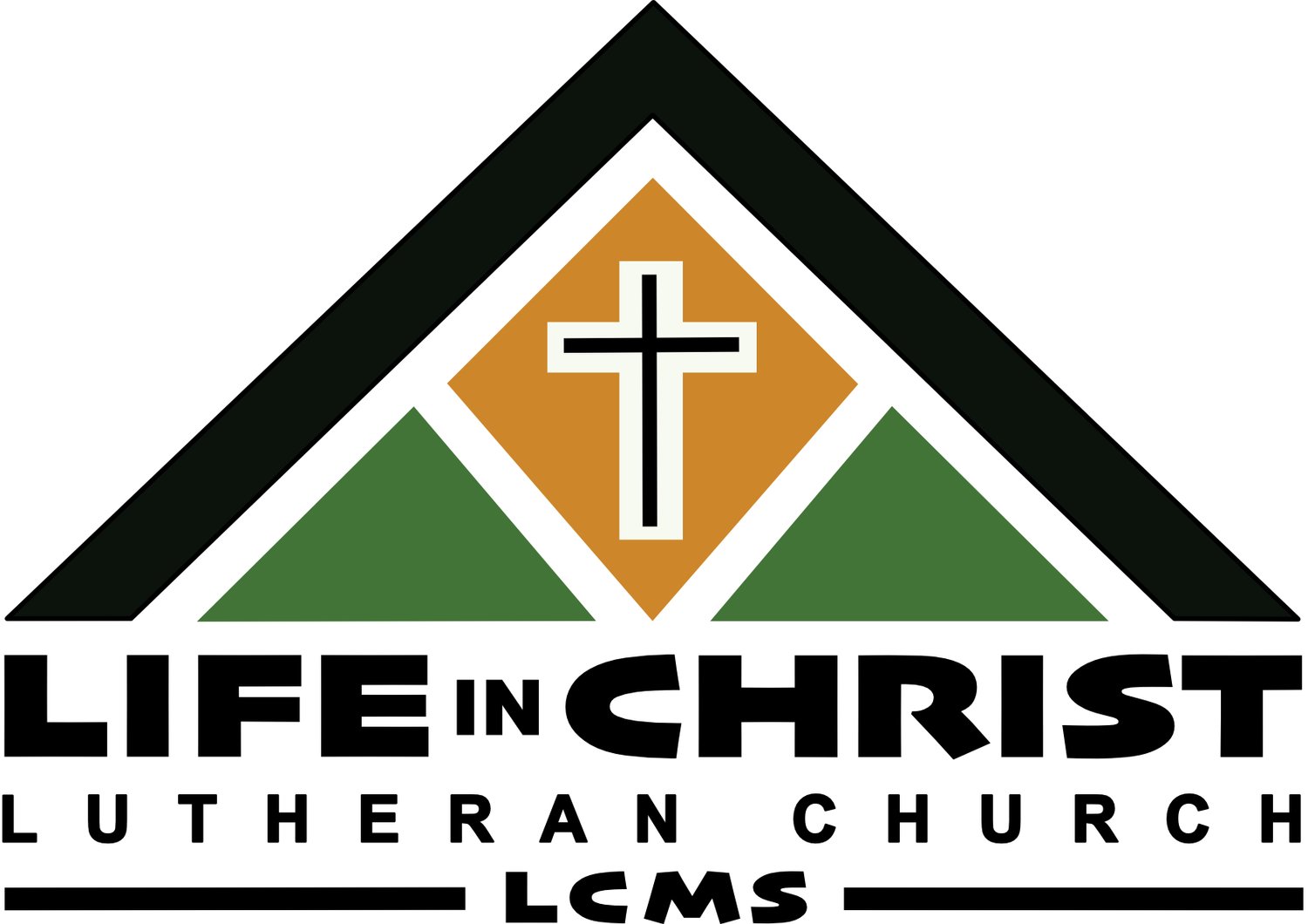What We Learn from the Stork
/The hour has come for you to wake up from your slumber, because our salvation
is nearer now than when we first believed.
Romans 13:11
When the people of Jeremiah’s time failed to repent, ignoring the time of return to the Lord, the prophet exclaimed: “Even the stork in the sky knows her appointed seasons… but my people do not know the requirements of the Lord” (Jeremiah 8:7). While observing the stork, who wintered in Africa and returned to Palestine in the spring, it was noted that it kept a regular schedule, coming & going as seasons changed. Perhaps you too have noticed this in an animal’s behavior. They seem to have this gift of knowing; to be on schedule; and it’s as regular as clockwork; it’s on time from when the squirrels began to gather pinecones to when the first robin appears.
The word for stork in the Hebrew (חסידה hhasiydah)(pronounced: chasidah), is derived from the word “chesed,” meaning mercy reflecting God’s love and compassion. The stork was thought to be affectionately attentive to its young. Perhaps that’s why the stork is associated with babies, who certainly need much loving care.
The stork, along with other migratory fowl, knows the times, the prophet said. Even storks acting purely by divinely implanted instinct, are more responsive to the Maker than His rational creatures. Which prompts the question: Do you know “our times”?
Jesus once shed tears over the city of Jerusalem because its unholy people didn’t know the time of their visitation saying “Would that you, even you, had known on this day (the day set for Christ’s coming to suffer & die on the cross) the things that make for peace” (Luke 19:42). And He was referring to the events leading up to His death that would bring peace and to the ultimate destruction of Jerusalem to which they remained blind. The people ignored or misunderstood God’s gracious visit in His Son. St. Paul, the Apostle writes: “The hour has come for you to wake up from your slumber; because our salvation is nearer now than when we first believed. The night is nearly over, the day is almost here. So let us put aside the deeds of darkness and put on the armor of light” (Romans 13:11-12).
Dear friends in Christ, now is the time. “Clothe yourselves with the Lord Jesus Christ,” the Apostle goes on to say, “make do provision for the flesh, to gratify its desires.”
Christ’s death and resurrection have provided salvation, but He will come again and lead us to experience it fully. Each day, His 2nd coming is one day closer. The present age of darkness is passing away; light is dawning upon us. Therefore put on the armor of Light (who is Christ). He is the proper attire for the day, our day, in which we live and work and take our pleasure.
Of ourselves we have no righteousness in which we can stand before God on this day or that day so don’t be blind to the fact that “our day” is coming. And it is God who clothes us in the robe of Christ’s righteousness… a holy garment of salvation, earned for us as Christ stood in our place, in our stead to keep God’s law and by His death, make atonement for us all that we are forgiven and given peace. And we pray: “Father, You have loved me in Christ Jesus and declared me to be Your righteous child. Empower me to love and serve others through Jesus Christ, my Savior, in whose name I pray. AMEN
In the cross of Christ I glory, towering over the wrecks of time.
All the light of sacred story gathers round its head sublime.
When the sun of bliss is beaming light and love upon my way,
From the cross the radiance streaming adds more luster to the day.
A note about the song.
One Sunday, Mr. Conkey, the choir director and organist, was very disappointed that the members of the choir didn’t appear, as only one soprano came. Mr. Conkey was so discouraged that after the prelude, he closed the organ and locked it and went home. That afternoon, he sat down at the piano for practice and he recalled the pastor’s message: “On the Words of the Cross.” He then and there composed the hymn above: “In the Cross of Christ I glory.”
Later, he prepared the music for his choir to sing the following Saturday evening during rehearsal for the Sunday service at Central Baptist Church in Norwich, Connecticut, where, with the choir’s full attendance, it was sung for the 1st time.
And one more note. The song is sung to the tune: “Rathbun.” Well, Mr. & Mrs. Beriah S. Rathbun were both members of the choir. Mrs. Rathbun was the leading soprano.

